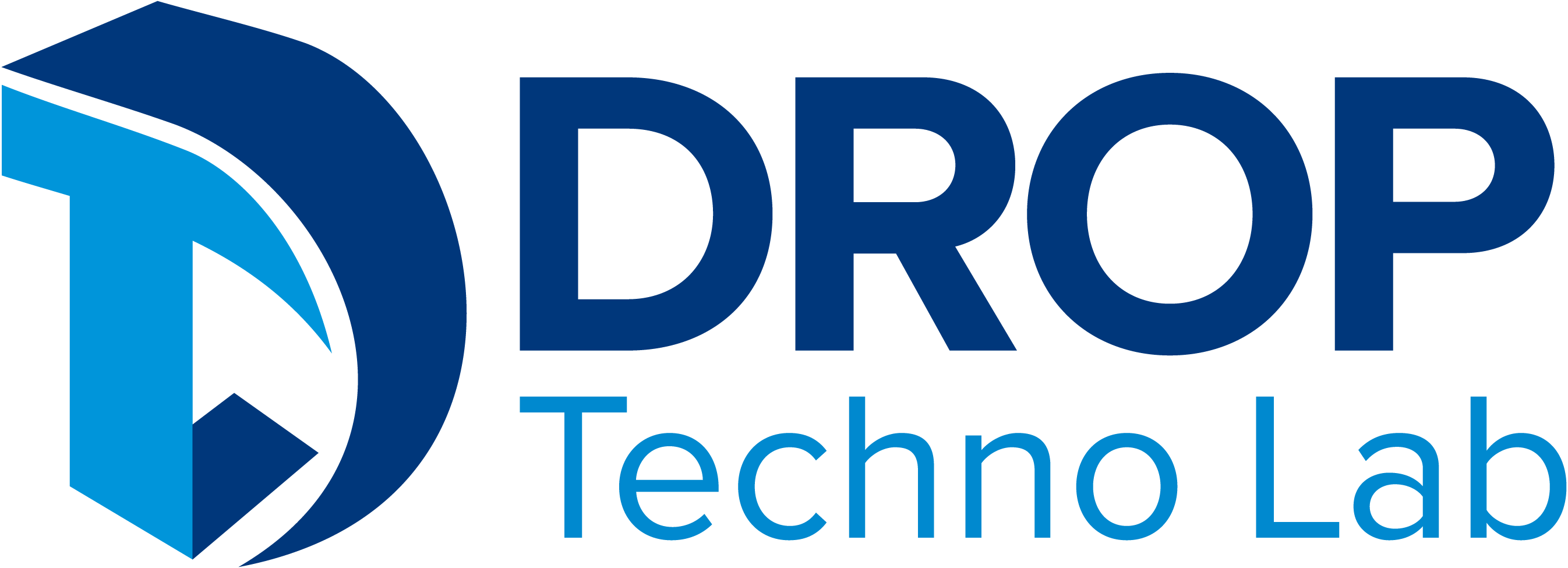What is Magento?
Magento is not just a powerful e-commerce platform but also a user-friendly one. It leverages open-source technology to empower online businesses worldwide. Creating and managing online stores is easy with its comprehensive tools for robust marketing, search engine optimization, and catalog management. Its relational database, powered by PHP, offers unparalleled flexibility and scalability, making it easy for developers and users. Similar to platforms like Drupal or WordPress, Magento boasts extensive accessibility and integration capabilities through its myriad of plugins.
What Makes Magento Unique?
Magento’s success is not just a claim but a proven fact. It powers 0.9% of online retail stores globally, including renowned brands like Ford, Jaguar, Nike, and Samsung. These success stories are a testament to the platform’s reliability and effectiveness.
The platform’s popularity is due to its ability to provide a seamless shopping experience, which is crucial for the billions of online shoppers worldwide. With support for various payment methods and advanced marketing features like coupons and promotional codes, Magento ensures enhanced customer engagement and retention.
Key Features and Advantages:
- Comprehensive client account management, offering insights into account status, transaction history, and more.
- Fast and efficient search technology with Google sitemap support.
- Integration with Google Analytics for comprehensive reporting.
- Multi-language and currency support, catering to international markets.
- Superior security features for safe and secure transactions.
- Efficient shipping and order management capabilities.
- Centralized management of multiple stores from a single admin panel, streamlining operations.
- SEO-friendly architecture for improved search engine visibility.
- Extensive customization options, including responsive and mobile-friendly design templates.
Pros and Cons of Magento:
Pros:
- Seamless shopping experience with minimal response time, especially on mobile devices.
- Advanced tools for multichannel e-commerce businesses.
- It is tailored for e-commerce websites across various industries.
- Developer-friendly with modern development logic and efficient tools.
- A secure payment gateway and faster checkout are needed for enhanced customer satisfaction.
- Open-source nature ensures accessibility at a low cost..
- Constant updates and improvements, serving over 250,000 merchants worldwide.
Cons:
- Hosting is not provided by Magento, necessitating additional costs.
- The default configuration may be simplistic, requiring technical expertise for deeper customization.
- Migration to Magento 2 may entail additional expenses for purchasing and integrating extensions.
- Pricing may be prohibitive for small businesses, particularly the Enterprise Edition of Magento 2.
Conclusions:
Choosing the right e-commerce platform is crucial for your business’s success. In this blog, we’ve provided the insights you need to make an informed decision. We’ve delved into the intricacies of Magento, exploring its significance, popularity factors, and pros and cons. At Drop Techno Lab, we’re committed to delivering optimal solutions and services to elevate your online presence because we understand the importance of this decision for your business.











